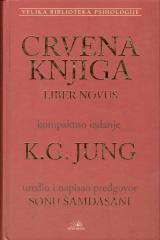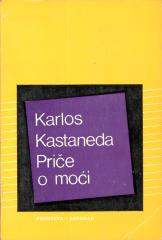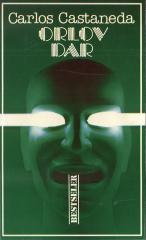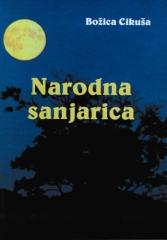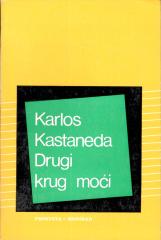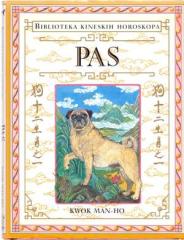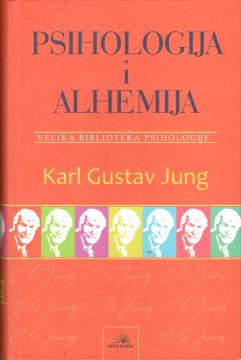
Psihologija i alhemija
Psychology and Alchemy is a masterpiece of analytical psychology, in which Jung connects medieval alchemy with the unconscious processes of the psyche, showing that alchemical symbols are universal archetypes – a bridge between mythology, religion and psy
Jung sees the alchemists as pioneers of introspection: their search for the philosopher's stone is not merely chemical, but a projection of the collective unconscious – archetypal images and symbols that appear in dreams and visions, leading to individuation, the process of integrating opposites to achieve wholeness (the Self).
In the introduction, Jung defends the exploration of the soul from critics and accusations of "religiousness". The second part analyzes the dreams of a patient – physicist Wolfgang Pauli – who, knowing nothing about alchemy, dreams of symbols such as a "world clock", a mandala symbolizing the cosmic order and unity of opposites. Jung interprets them alchemically: nigredo (blackness, facing the chaos and darkness of the psyche), albedo (whiteness, purification and spiritual awakening) and rubedo (redness, final union, the birth of a new light – lumen novum).
The third part delves deeply into symbols: Mercurius represents silver as a spirit eating its own tail (ouroboros), embodying the cycle of destruction and creation; prima materia, the chaotic ground from which the lapis philosophorum is born – a symbol of the Self, not an external artifact, but an internal reality. Alchemy is "Western yoga", a continuation of Christian mysticism in the underworld, where the alchemist becomes the Christ-preacher, redeeming not only matter, but the God within: "The opus [alchemical work] is the drama of the psyche sacrificing itself for the salvation of the world.
The book inspires an understanding that the transformation of the psyche is an alchemical work: a transition from chaos to golden wholeness. Its reading requires patience – the book can be confusing, but it is also liberating, reminding us that the human path is mystical, and the unconscious – the laboratory of the soul.
One copy is available
